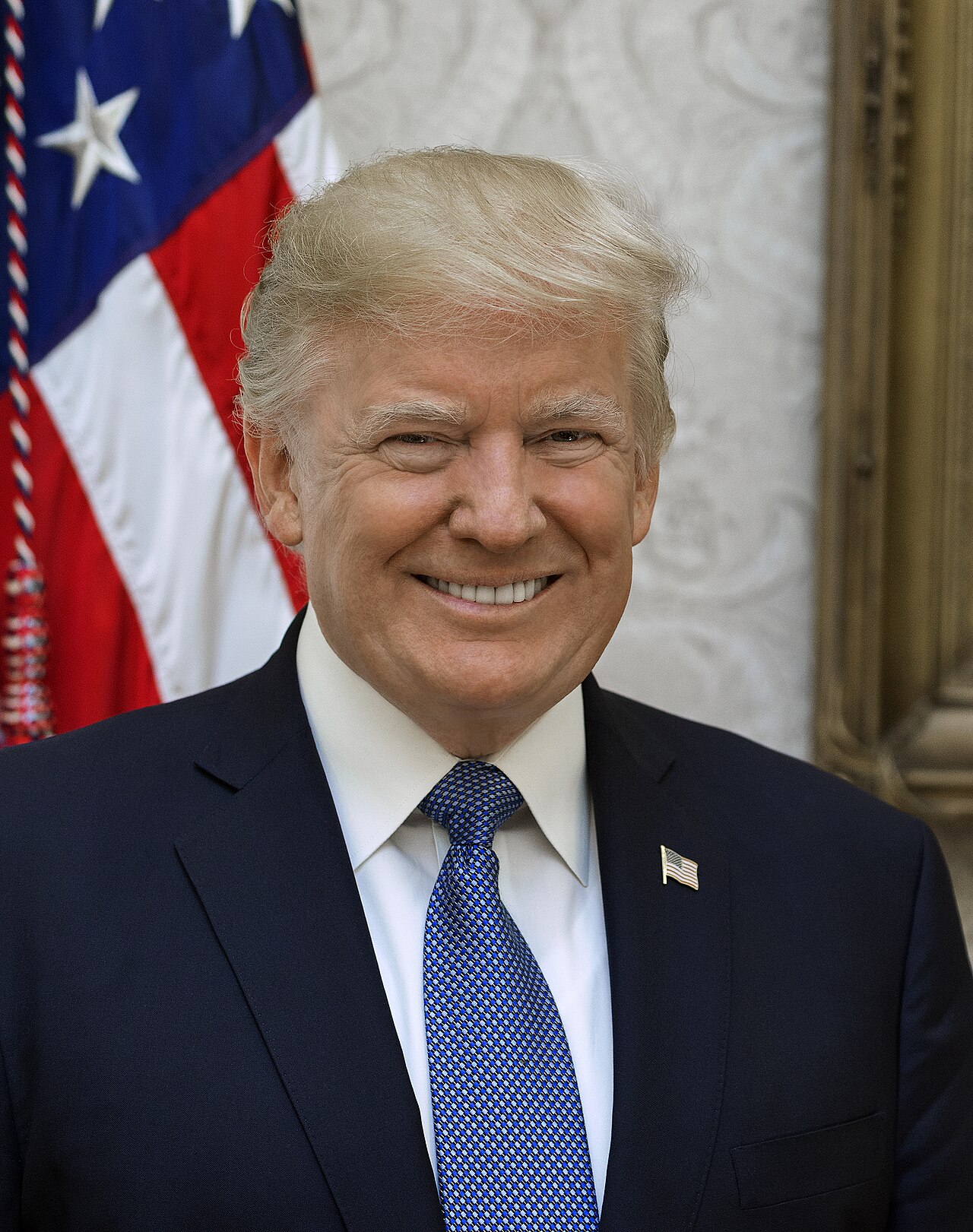by Modaser Shah
Susan Sarandon, the well known Hollywood star, is reported to have said that (the American) people were more awake because of Trump. This reminded me of a story about Mullah Nasruddin, the wise-fool of Sufi lore. I heard it from Kamran Zafar, our esteemed colleague on this site, who deserves the title of “Practical Sufi” with which he is affectionately known to us Sufi seekers. The gusto and verve with which he related this teaching tale is hard to reproduce in the written word, but I will try, at least, to convey its essence.
At one time in his life, Nasruddin got into the business of quick enlightenment. To those seeking enlightenment (of which there are many in each age and all times) he announced an easy and cheap way to gain insight into existence and reality. All they had to do was to join him in a morning assembly and to follow him in procession as he walked around town while imparting to them the spirituality they sought. Nothing could have been simpler! The seekers of quick and easy enlightenment grew by leaps and bounds. The Mullah would be at the head of the throng, incanting holy chants, intoning unintelligible phrases, and seeming always profound and powerfully mysterious. The procession would march from one end of the town to the other, at which time the Mullah would stress continued effort, offer prayers, and allow the crowd to disperse.
At first the crowd grew rapidly, then levelled, and then (as many grew tired of the humdrum routine) started to tail off. The Mullah who gloated over his success when the crowds were growing seemed even more ecstatic when they were dwindling. He claimed success of his method even as people were leaving him. Everyone was puzzled over Mullah’s happiness over thinning crowds. Some wondered if he was losing his grip on reality. Finally, someone asked him how he could claim success if people were leaving him. He laughed and then cried, at their simple-minded confusion, wondering why they could not see what was so plain to see: the successful ones were the seeming “losers,” the ones who left the throng of Mullah’s mindless followers.
One wonders if a similar moment of enlightenment and spiritual growth awaits some people who are blindly, i.e., in the grip of false consciousness, following Mr Trump and his promises, explicit and implicit.


